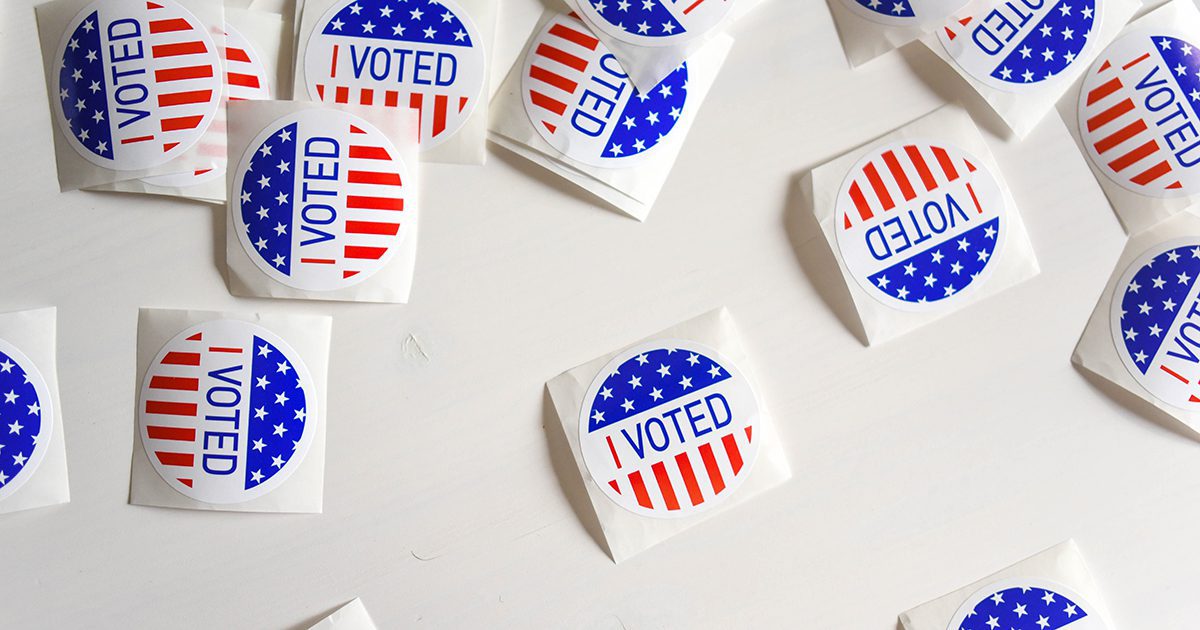It’s not easy being a voter these days. You’re inundated with flyers, emails and TV and radio advertisements about where candidates stand or don’t stand or will never, ever stand on issues whose complexities are belied by the emphatic and categorical statements issued almost hourly by campaigns.
Who can you believe?
What’s real and what’s not?
Our role at the Maine Center for Public Interest Reporting is to help citizens understand what is really going on in state government and elections. That’s why we recently introduced this feature, Political Party Time. It opens the door on the hidden rooms where only the insiders are invited: the many fundraising events held by candidates for their campaigns, or by donors from the sincere believers to those who want to curry favor or gain influence.
Since we last blogged a couple of weeks ago, we’ve added fresh invitations, including two events for big spenders:
• By spending at least $250, invitees could attend a fundraiser Sept. 25 in Portland for Republican U.S. House candidate Bruce Poliquin, headlined by party bigwig House Speaker John Boehner. But if you wanted to get your picture taken with Boehner, you’d have to pony up a minimum of $1.000.
• The other high-dollar, high-profile event takes place Oct. 3. It’s a fundraiser for Democratic gubernatorial candidate Mike Michaud and features First Lady Michelle Obama as well as Planned Parenthood president Cecile Richards. If you want to get into the photo line at that event, held at the University of Maine’s Collins Center for the Arts, you’ll have to shell out $3,000.
Political Party Time gives you insights into one aspect of our state’s elections. But there’s a lot more you need to understand in order to be an informed voter. So in the spirit of demystifying the 2014 Maine elections, we offer you this annotated list of the resources we use to help us understand the issues that are being discussed by campaigns, the candidates’ records and the money behind campaigns. We hope these resources help you, too:
The Maine Center for Public Interest Reporting’s 2014 Voter Survival Guide — an assortment of resources to help critical thinkers navigate the lies, exaggerations, hyperbole and misdirection of political campaigns
National Conference of State Legislatures: Are you feeling like your head is going to explode if you try to understand one more complicated problem that’s been turned into an ideological football during a campaign? Want some unbiased, verifiable information to help you understand health care? Social Security? Welfare? The National Conference of State Legislatures’ website is one of the best places to get information about state-level policies and issues and it’s non-partisan and data-driven. They’ve got a great research division that has prepared summaries of a range of state policy issues, and you can read these and learn a lot more about the context of the problems Maine is grappling with.
Project Vote Smart: Describes itself as “Just the Facts” and “The voter’s self-defense system.” It’s a nonpartisan site that gives you politicians’ positions on a range of important issues. Includes voting, biographical & contact information, issue positions (Political Courage Test), interest group ratings from over 150 competing special interest groups, and campaign finance information. Especially useful is the Vote Smart Political Galaxy feature, which allows you to type in a politician or candidate’s name and get information you need about them from a series of links.
Maine Commission on Governmental Ethics and Election Practices: Here’s where you can get campaign finance reports for Maine candidates, PACs, political parties. (This is only for candidates within the state — for campaign spending data on Maine candidates for Congress, go to the Federal Elections Commission campaign finance disclosure site.)
The Center for Responsive Politics, aka OpenSecrets.org: If you’re a politics nerd, you can happily get lost on this site for hours. The Center describes the site as “the most comprehensive resource for federal campaign contributions, lobbying data and analysis available anywhere.” That’s an absolutely true statement — this is a great resource that is infinitely more user-friendly than the federal elections financial disclosure site. Opensecrets.org slices and dices the contribution and expenditure data so that you can see, for example, which industries gave to which candidates, not just the names of companies or their executives.
The National Institute on Money in State Politics, aka Followthemoney.org: Come to this site for state-level information like the federal information given by Center for Responsive Politics.
Sunlight Foundation: This organization, dedicated to openness in government, provides a site with many great features, including Opencongress.org: “Enter a lawmaker’s name, issue area or bill number to search OpenCongress. discover who represents you, find relevant legislation and learn how to take action.”
Churnalism: “Ever wonder if the news story you’re reading is a product of real journalism or just a spin off of another story posted elsewhere? Discover the journalism you can trust and what you should question…. Simply feed in a link or block of text to the Churnalism site or let the browser extension run in the background to notify you of any matches of text from Churnalism’s cache of documents. They include most articles in Wikipedia, press releases from PR Newswire, PR News Web, EurekaAlert!, congressional leadership offices, the White House, a sampling of Fortune 500 companies, prominent philanthropic foundations and much more.”
Political Party Time: This feature puts you “on the political money trail,” writes the Sunlight Foundation. “From the early hours of the morning until late in the evening, politicians are breaking bread and sipping cocktails with donors. Sunlight’s Party Time lets you know who’s fundraising and where.
Maine Center for Public Interest Reporting’s Political Party Time: We pioneered the first state version of the national “Political Party Time” feature from Sunlight Foundation, to provide a window into an aspect of how politics really work in Maine, where readers can get the inside view of the soliciting that goes on behind the virtuous image promoted by many Maine politicians.
Center for Public Integrity: an independent, nonprofit investigative journalism center that includes a useful section for those interested in the influence of money on state-level politics called “Consider the Source – Who’s calling the shots in state politics?”
Good luck to you readers as you try to make intelligent and informed decisions this election.
Here’s a quote from Edward Abbey to inspire — or provoke — you: “Orthodoxy is a relaxation of the mind accompanied by a stiffening of the heart.”







